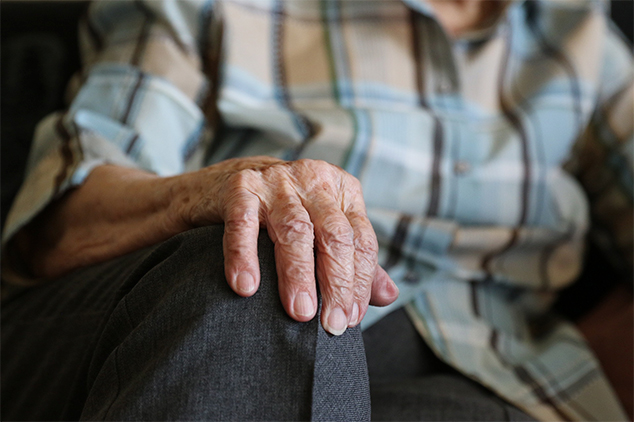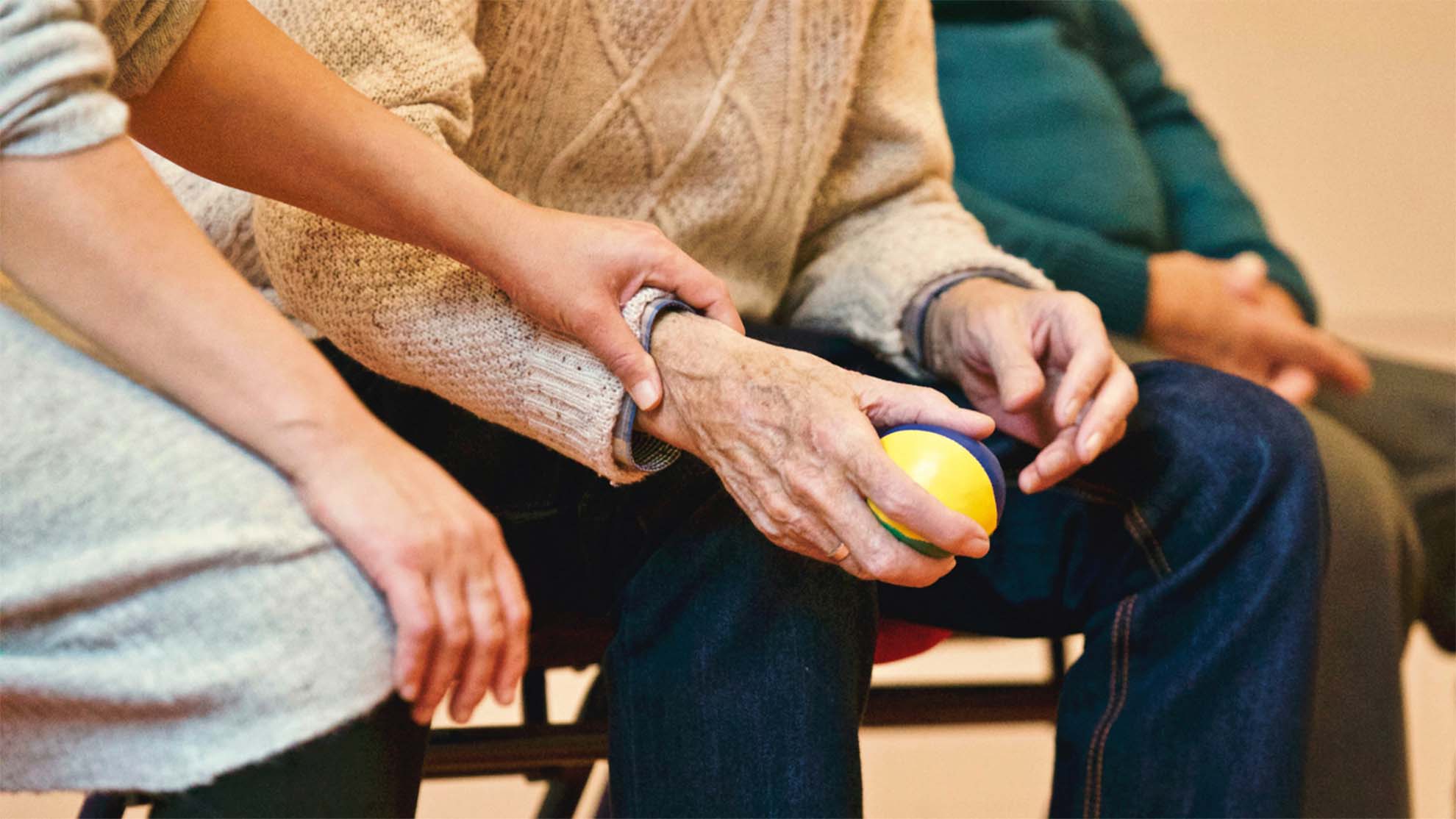Partnering with clinicians and services to provide specialist ARBD and Korsakoff care. If you are a GP, hospital discharge planner, mental health team, alcohol‐care team or social care assessor, Vane Hill ARBD Care Home in Torquay is here to accept referrals for individuals needing supported residential care. We offer specialist assessment, structured rehab and life-skills enablement in ARBD and long-term memory support for Korsakoff’s syndrome, balancing clinical safety with daily dignity and independence.


